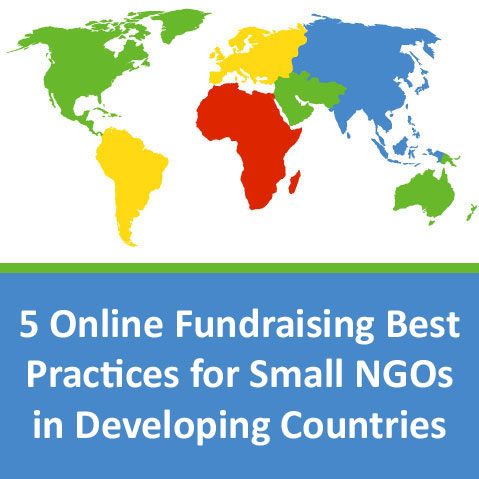A non-governmental organization (NGO) is a non-profit, citizen-based group that functions independently of government. NGOs are organized on local, national and international levels to serve specific social or political purposes. As non-profit organizations, NGOs rely on a variety of sources for funding projects. Get started with discounts and donations from Microsoft Microsoft reserves the right to grant or deny an organizations application or participation at any time, for any reason, and to supplement or amend these eligibility guidelines at any time without notice. Microsoft’s Free Office 365 Software for NGOs. Microsoft conducted a study in partnership with Techsoup Global which showed that NGOs find cloud computing easier for IT administration (79%), cost-savings (62%), improved collaboration (61%), and data security (54%). Also Microsoft offers many resources to nonprofits including software donations. Foreign Funding Critical for NGO Survival. UN and the World Bank, from bilateral aid - especially from the US, the UK and the Netherlands - and from international NGOs. They also received local donations and membership fees. Holding peace camps and training young Ugandans in debate. 'We spend, right now, more time fundraising than. Summary of purpose: To run a children’s home, provide donations in kind such as sewing machines, calipers and other equipment. Grants to institutions and training courses. Geographical Scope: Children from disadvantaged families and Street Children. We are request our friends ngos pls inform funding agencies address.
- Microsoft Grants Donations And Training To Ngos In South Carolina
- Microsoft Grants Donations And Training To Ngos In South Africa
A non-governmental organization (NGO) is a non-profit, citizen-based group that functions independently of government. NGOs are organized on local, national and international levels to serve specific social or political purposes.
As non-profit organizations, NGOs rely on a variety of sources for funding projects, operations, salaries and other overhead costs. Because the annual budget of an NGO can be in the hundreds of millions (or even billions) of dollars, fundraising efforts are important for the NGO's existence and success. Funding sources include membership dues, the sale of goods and services, private sector for-profit companies, philanthropic foundations, grants from local, state and federal agencies, and private donations.
Microsoft Grants Donations And Training To Ngos In South Carolina
Individual private donors comprise a significant portion of NGO funding. Some of these donations come from wealthy individuals, such as Ted Turner's $1 billion donation to the United Nations, or Warren Buffett's 2006 pledge to give 10 million Berkshire-Hathaway class B shares to the Bill and Melinda Gates Foundation (valued at more than $31 billion in June 2006). Many NGOs, however, rely on a large number of small donations, rather than a small number of large donations.
85% of GlobalGiving nonprofits benefit from donations and grants from companies like Ford, Microsoft, Google, Facebook, TripAdvisor, and 190+ others! Training and Support For Your Level Join one of our webinars, training academies, or workshops. As Satya Nadella announced today, we’re committed to putting the Microsoft Cloud to work for the public good. That’s why Microsoft Philanthropies, with support from Microsoft Research and Microsoft Business Development, will donate $1 billion in Microsoft cloud services to nonprofits and university researchers over the next three years.
Despite their independence from government, many NGOs rely heavily on government funding to function. Some governmental NGO funding may be viewed as controversial because the funding may support certain political goals rather than a nation's development goals. (For related reading, see: What is an NGO (non-governmental organization)?)

Microsoft Grants Donations And Training To Ngos In South Africa
2. Mission eligibility |
|---|
In addition to the criteria above, eligible organizations must also operate on a not-for-profit basis and have a mission to benefit the local community that could include, but is not limited to: providing relief to the poor, advancing education, improving social welfare, preserving culture, preserving or restoring the environment, promoting human rights, establishment of civil society. Any organization that does not meet the criteria outlined above for eligible nonprofit missions is ineligible for Microsoft nonprofit programs. Ineligible organizations include, without limitation:
|



